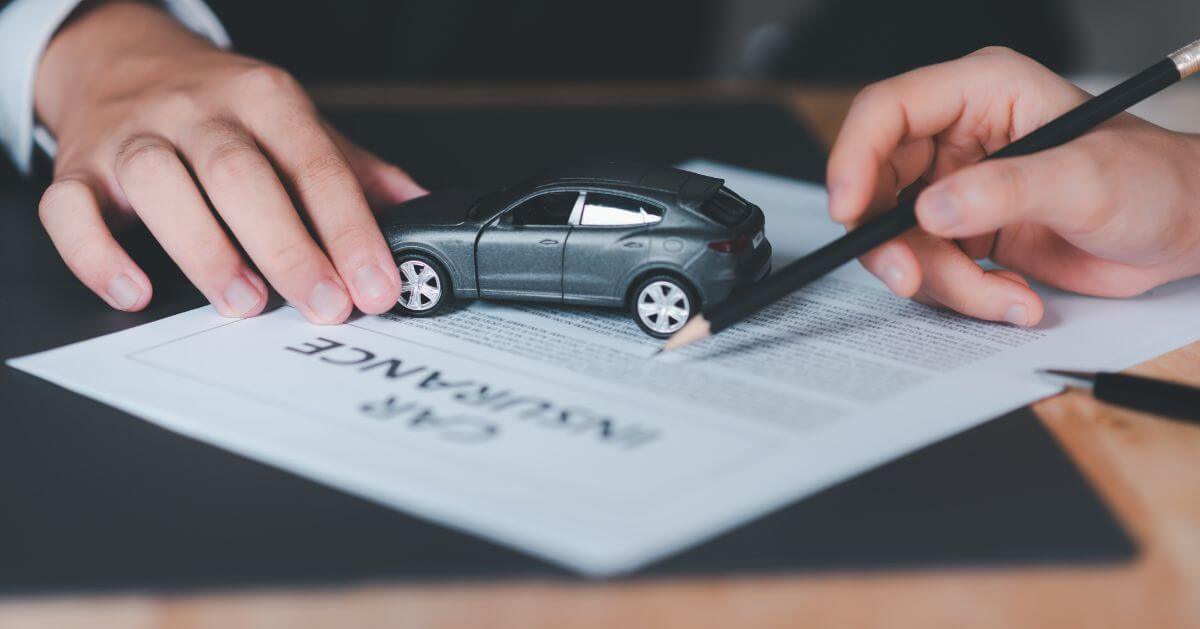Car Maintenance and Insurance: Coverage Explained

Owning a car comes with its fair share of responsibilities, and among the most critical are car maintenance and securing the right car insurance coverage. Both elements play a vital role in ensuring your vehicle serves you well over the years while protecting your financial interests. Let’s dive into why maintaining your car and choosing the right insurance are crucial and how they complement each other.
The importance of regular car maintenance
Why keep up with maintenance?
Keeping your car in top condition is not just about ensuring it looks good. Regular car maintenance offers numerous benefits:
– Enhanced safety:
Conducting routine safety checks is a crucial aspect of ensuring the safety and security of any environment. Regularly inspecting various systems and equipment can identify potential issues before they escalate into serious problems that can cause harm or damage. Therefore, it is important to prioritize safety checks and incorporate them into a regular maintenance routine.
– Improved performance and fuel efficiency:
Regular maintenance is vital for keeping your car in excellent condition. When you take good care of your vehicle, it runs more efficiently and uses less fuel, which helps you save money on gas. Moreover, preventive maintenance can detect problems early on, avoiding costly repairs later. Therefore, following the manufacturer’s recommended service schedule and regularly inspecting your car by a qualified mechanic is crucial.
– Higher resale value:
Suppose you maintain your car properly, which includes regular cleaning, scheduled maintenance, and timely repairs. In that case, it will not only run smoothly and last longer, but you will also be able to sell it for a higher price when you decide. A car in the best condition, both mechanically and aesthetically, is more appealing to potential buyers willing to pay more. Therefore, taking the time and effort to care for your car can pay off in the long run.
Key maintenance tasks:
– Oil changes:
Lubricating and cooling the engine components are crucial processes for the proper functioning of an engine.
– Tyre Rotations and Replacements:
Tyre rotations and replacements are important for safety and efficiency.
– Brake Inspections:
Timely brake inspections are necessary for safety and help avoid future repairs.
Understanding Car Insurance Coverage
What Does Car Insurance Cover?
Car insurance coverage protects you financially in case of accidents, theft, or other damage to your vehicle. Here’s a quick rundown of the primary types of coverage:
– Third-party coverage:
Third-party coverage helps cover all the damages suffered by the third-party if you are at fault in any unfortunate situation or accident.
– Own damage coverage:
Own damage provides coverage for damages to your insured vehicle and helps settle the payment for car repairs due to any unfortunate situation or accident.
– Comprehensive Coverage:
Comprehensive coverage covers losses/damages to you and your car along with protecting you against third-party liabilities.
Why It’s Important:
It is crucial to have a car insurance that provides extensive coverage to protect you from unexpected incidents. A comprehensive insurance policy guarantees that you are following the law and is safeguarded against any financial repercussions in the event of any unfortunate incident. With a reliable car insurance policy, you can safely drive knowing that you and your vehicle are well-protected.
How Car Maintenance and Car Insurance Interact
The Link Between Maintenance and Insurance Claims
Regular car maintenance can significantly impact your car insurance claims. Here’s how:
– Reduced Risk of Accidents:
Properly maintained cars are less likely to be involved in accidents, which can help lower your insurance premiums.
Best Practices for Car Maintenance and Insurance
Tips for Effective Car Maintenance:
1. Follow the Manufacturer’s Schedule:
If you want to keep your car running smoothly and for a long time, it’s important to follow the maintenance schedule suggested by the manufacturer. Every car has different requirements which need to be taken care of at particular intervals, such as oil changes, tyre rotations, and brake inspections. By following these guidelines regularly, you can improve your car’s overall reliability and avoid costly repairs later on. Therefore, it’s highly recommended that you refer to your owner’s manual and stick to the maintenance schedule suggested by the manufacturer for the best outcomes.
2. Keep Records:
Maintaining a comprehensive and accurate account of all maintenance activities on your property or assets is important. This record should include the maintenance date, what was done, who performed it, and any relevant details, such as the cost of materials used or the duration of the maintenance. By doing so, you’ll have a detailed log to refer to in the future, which can be helpful in the event of an insurance claim. It can help demonstrate that you’ve taken proper care of your property and could increase your chances of a successful claim.
3. Use Quality Parts:
It’s important to invest in top-quality parts and fluids. By doing so, you ensure better performance and minimize the risk of damage to your vehicle’s engine and other systems. So, make it a point to choose reliable and reputable brands when purchasing parts and fluids for your car, as this can help you save money in the long run and avoid expensive repairs.
Choosing the Right Car Insurance:
1. Assess Your Needs:
It is important to assess your needs and consider a few factors, such as years since you bought the car, driving habits, and financial situation while choosing the right car insurance.
2. Shop Around:
Compare different policies to find the best price and coverage.
3. Read the Fine Print:
Understand what is and isn’t covered to avoid surprises when you make a claim.
Conclusion
Maintaining your car and choosing the right car insurance coverage is integral to owning a responsible car. Regular car maintenance not only extends the lifespan and efficiency of your car but also plays an important role in how car insurance claims are handled. Similarly, good car insurance coverage offers a safety net against unexpected costs, ensuring financial security.
